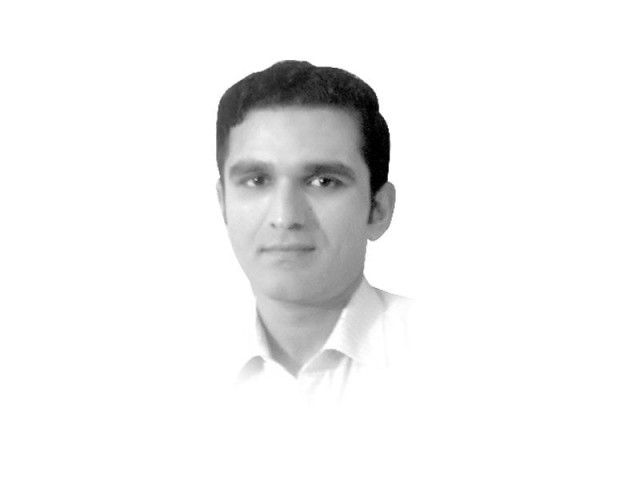Jallianwala Bagh: The turning point
Incident at Jallianwala Bagh affected course of world history, but it is people who actually affected and led change.

The writer is the Chairperson of the Department of History, Forman Christian College, and tweets at @BangashYK.

At that time, the British thought that this was simply a passing incident. With time, people would forget about it and move on. However, this incident turned out to be a turning point. Beginning from the noncooperation movement and the Khilafat Movement, Indian nationalists began to demand the withdrawal of the British from India. Whereas an earlier breed of politicians wanted some share in government, equal rights and opportunities, after the Jallianwala Bagh massacre, leaders demanded Purna Swaraj — complete independence. What followed, as they say, is history.
As I walked through the Bagh on a crisp winter morning, I kept thinking of the impact of such a small place — it is just about six acres — on the national psyche of India. How and why did people, in say, Bombay, Madras and Calcutta — all very distant cities — get charged by the happenings of this place? After all, most Indians were not related or even knew those who had died, and nor did a great number of them have any affinity or even first-hand knowledge of the people of Punjab or the Sikhs. But somehow, this one incident — and obviously, its magnitude — united the people in their struggle, and in less than 30 years, the greatest empire the world had ever seen came to an end.
While walking around, I also thought about the current state in Pakistan and how we view dramatic incidents. I remember that when the heinous massacres of the Hazaras took place last year, we said ‘enough’; when hundreds were killed in the Peshawar church attack, we said ‘enough’; but yet, somehow, things remained the same. We protested, wore black armbands, and even held a discussion or two, but then, all these incidents faded in the background. No such incident shook the nation to the extent that a discernable change in direction became patent. The nation is still confused, uninspired, and — dare I say — unwilling, to react and take charge. Maybe it is fatigue, apprehension or a simple lack of resolve, but it seems clear that we are not on one page — or perhaps, even chapter — as one country.
The incident at Jallianwala Bagh affected the course of world history, but it is the people who actually affected and led the change. The people, in fact, as Gandhi famously said, became the change they wanted to see in the world. I wonder when this will happen in Pakistan?
Published in The Express Tribune, February 12th, 2014.
Like Opinion & Editorial on Facebook, follow @ETOpEd on Twitter to receive all updates on all our daily pieces.














COMMENTS
Comments are moderated and generally will be posted if they are on-topic and not abusive.
For more information, please see our Comments FAQ